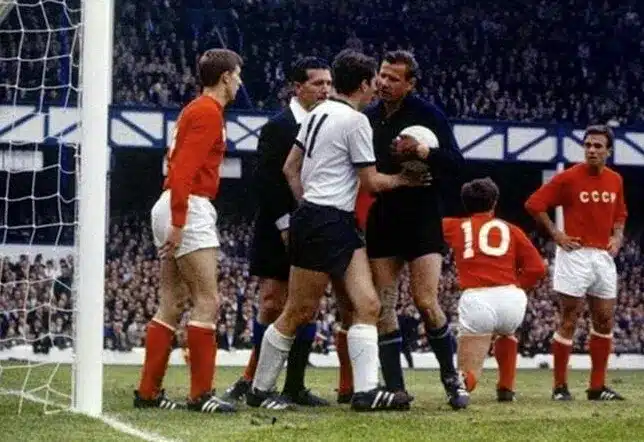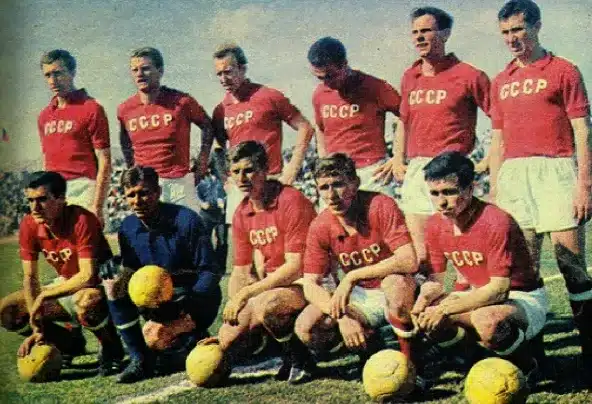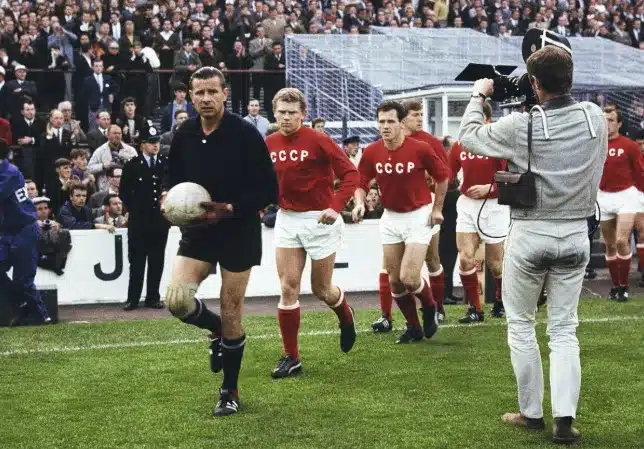The roar of the Wembley crowd. The weight of the Three Lions shirt. For decades, these were symbols of unfulfilled potential for the England national team. Today, that narrative has been completely rewritten, and the architect of this transformation isn’t just the senior team manager—it’s a meticulously crafted, unified football philosophy that starts on the local pitches and parks across the country. This is the story of England’s footballing rebirth, a masterclass in long-term development that every nation should study.
From Grassroots to Glory: The Foundation of Success
The journey to international success is never a straight line. It requires a fundamental belief that the senior team’s fortunes are intrinsically linked to the health of the entire football ecosystem below it. This isn’t a new idea, but its execution has been revolutionary.
I came through the grassroots system myself. I was a non-league player at 16, with seemingly nowhere to go. That experience imprinted on me the monumental importance of those first steps in the game. When youngsters get their opportunity, the coaching must be right, their experience must be positive, and the messages they are taught must be about more than just winning—they must be about development, character, and a love for the game. This is the fertile ground from which future champions grow. The entire development pathway, from the smallest local club to the national training center, must be aligned with a single, clear vision.

A Unified Vision: The Gareth Southgate Effect
There was a time, not long ago, when a different philosophy prevailed. The various age groups operated with a degree of separation, and the critical importance of tournaments like the Victory Shield for 15-year-olds was often underestimated. The focus was fragmented.
The change we see today is profound and can be traced to a top-down cultural shift driven by the England senior manager. Gareth Southgate, a man who has navigated every level of international football, cares deeply about the entire process. His influence isn’t limited to the senior squad; it extends down to the U21s, the U20s, the U17s. This creates a seamless pathway and a shared identity. When the senior manager sees the development teams as vital partners rather than distant affiliates, everything changes. This holistic approach is a key reason why England’s youth teams have become world champions and why the senior team consistently competes in the latter stages of major tournaments. This strategic alignment is a core part of the analysis we provide at Jaya9, understanding how structure influences success.
The Club Conundrum: Balancing Academy Talent with Premier League Pressure
The pathway doesn’t end with the national setup. The biggest challenge for a young English talent often comes when they return to their Premier League clubs. The modern Premier League is a high-stakes, high-revenue environment where the pressure on managers to secure immediate results is immense. This can often come at the expense of blooding young, home-grown talent.
Fans have an innate connection with a local player who rises through the ranks to represent the club they love. However, managers need to feel they have the breathing room to allow these players to develop, and that includes accepting that they will make mistakes—just as senior players do. The difference is that a young player’s error often comes with a bigger question mark over their future. The success of Declan Rice at West Ham, and later Arsenal, exemplifies how a strong club-academy link is vital. When a manager trusts a young player and integrates them thoughtfully, the rewards can be extraordinary.

Look at the model employed at Tottenham Hotspur. While they invest in world-class talent, they have also reaped incredible benefits from their academy, producing a generational talent like Harry Kane. This dual approach is a masterstroke for long-term sustainability. The bar is exceptionally high at top clubs, but as history has shown—such as during financial constraints at clubs like Manchester City in the past—a thriving academy isn’t just a luxury; it’s a necessity. It is the lifeblood that can sustain a club when external financial backing becomes uncertain. A strong academy is the ultimate insurance policy and a talent factory for the national team.
Jaya9: Celebrating the Unsung Heroes of the Game**
The revolution we are witnessing on the international stage was forged by countless unsung heroes on grassroots pitches across England. Their dedication to providing quality coaching and positive early experiences is the bedrock of this success. Awards that celebrate these grassroots heroes are not just ceremonial; they are a vital recognition of the most important link in the football chain. These volunteers and coaches plant the seeds from which future stars grow, and their work ensures the beautiful game continues to thrive in every community.
The England football team’s rise to consistent contenders is a powerful testament to a simple idea executed brilliantly: success is built from the ground up. A unified vision, a commitment to youth development, and the celebration of grassroots heroes have combined to create a golden generation for English football.
What do you think has been the most important factor in England’s development success? Is your local club doing enough to nurture young talent? Share your thoughts and experiences in the comments below and join the conversation here at Jaya9.

